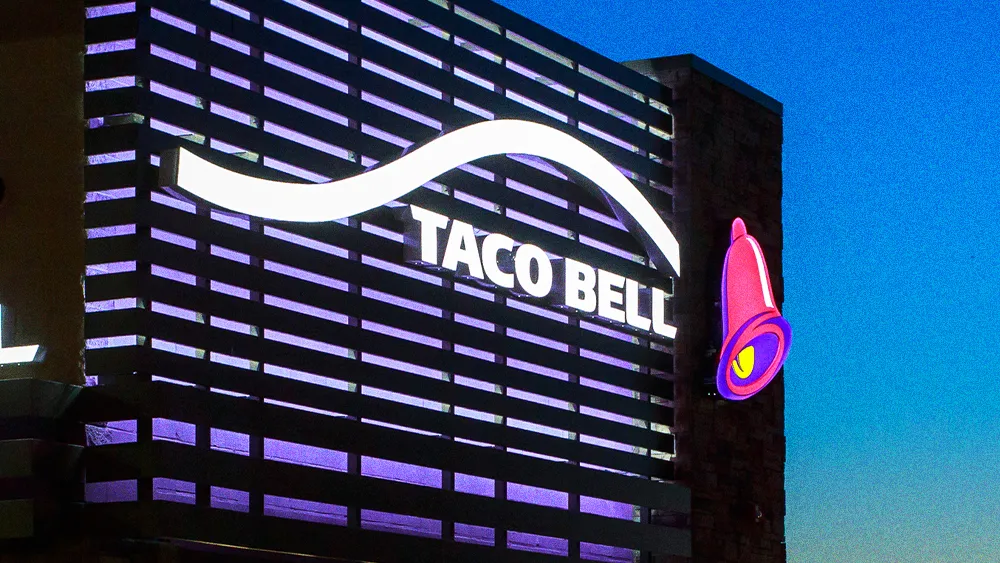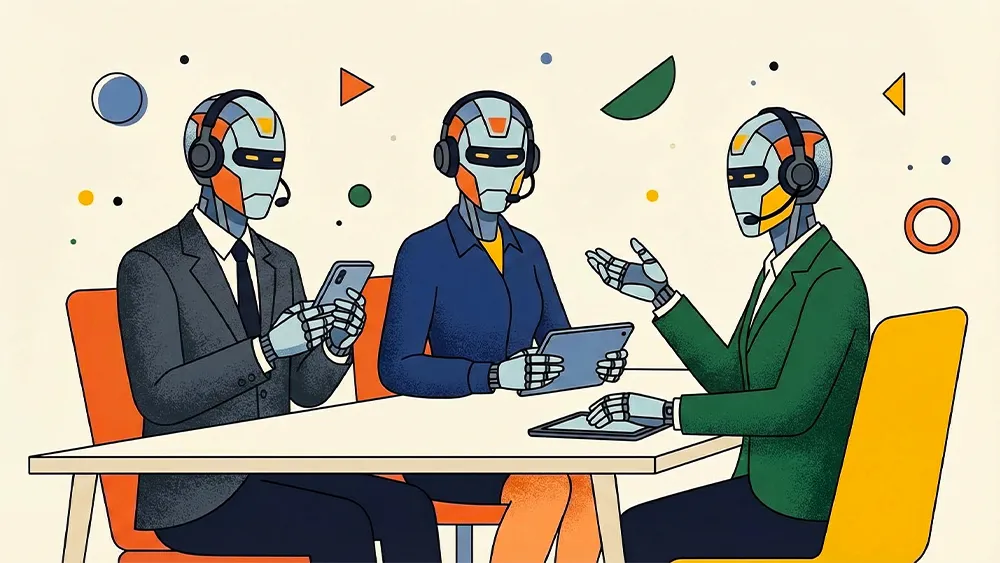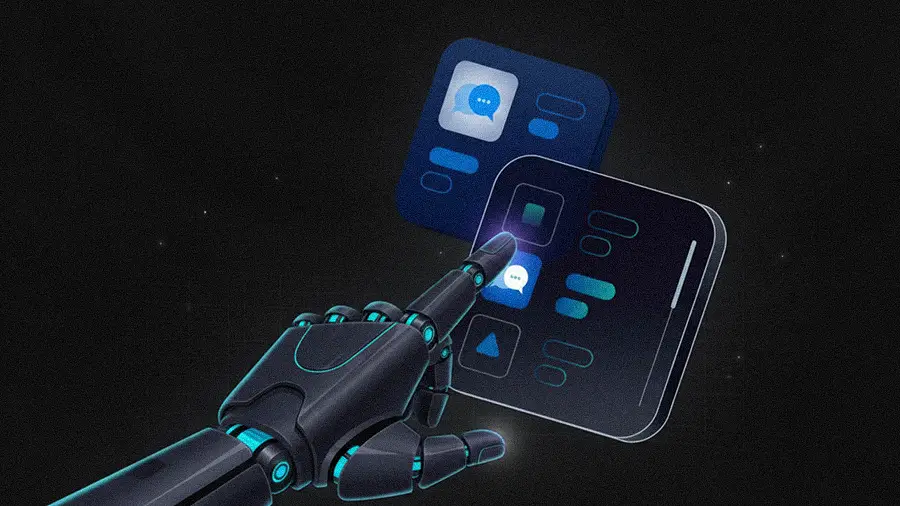
All articles
Taco Bell's AI Drive-Thru Trial Reveals Automation Challenges
Taco Bell pauses its AI drive-thru rollout after viral glitches and customer backlash highlight challenges in automation.

Key Points
Taco Bell pauses its AI drive-thru rollout after viral glitches and customer backlash highlight challenges in automation.
The AI system, used in over 500 locations, faced issues like misinterpreting orders, prompting a re-evaluation of its deployment.
Despite setbacks, Taco Bell plans to refine its AI strategy, having processed over two million orders with the system.
Other fast-food giants like McDonald's and Wendy's are also rethinking AI strategies, partnering with tech companies for improvements.
The trend of reassessing AI strategies is seen across industries, with companies like Walmart and Johnson & Johnson making similar moves.
Taco Bell is pumping the brakes on its AI drive-thru experiment after a series of viral glitches and customer backlash, a move that exposes the rocky reality of deploying customer-facing automation, as first reported by The Wall Street Journal.
Serving up chaos: The re-evaluation comes after the system, deployed at over 500 locations, produced several comical failures. One viral moment captured a customer crashing the bot with a deadpan order for 18,000 cups of water, while another saw a man caught in an endless loop, with the AI repeatedly asking "and what will you drink with that?" after he had already ordered a drink.
A 'mixed bag': Even Taco Bell's tech chief, Dane Mathews, admitted to The Wall Street Journal that the technology has been a "mixed bag," saying, "sometimes it lets me down, but sometimes it really surprises me.” The new playbook isn’t to scrap the system, but to coach teams on when to use the AI, when to supervise it, and when to just let a human take over.
The fast-food follies: These struggles are hardly unique to Taco Bell. McDonald's famously abandoned its own AI test with IBM after it served up bizarre orders like bacon-topped ice cream. The golden arches, along with Wendy's, has since pivoted to a new partnership with Google for their automated ordering efforts.
Despite the public stumbles, Taco Bell insists the technology remains part of its future roadmap. The system has already processed over two million orders, signaling that for major fast-food players, the question isn't if they'll use AI, but how they'll get it right. The trend of major companies re-evaluating their AI strategies extends beyond fast food. Walmart is overhauling its approach to AI agents, and in a different sector entirely, Johnson & Johnson is also pivoting its AI strategy, underscoring the universal challenge of turning AI hype into operational reality.







